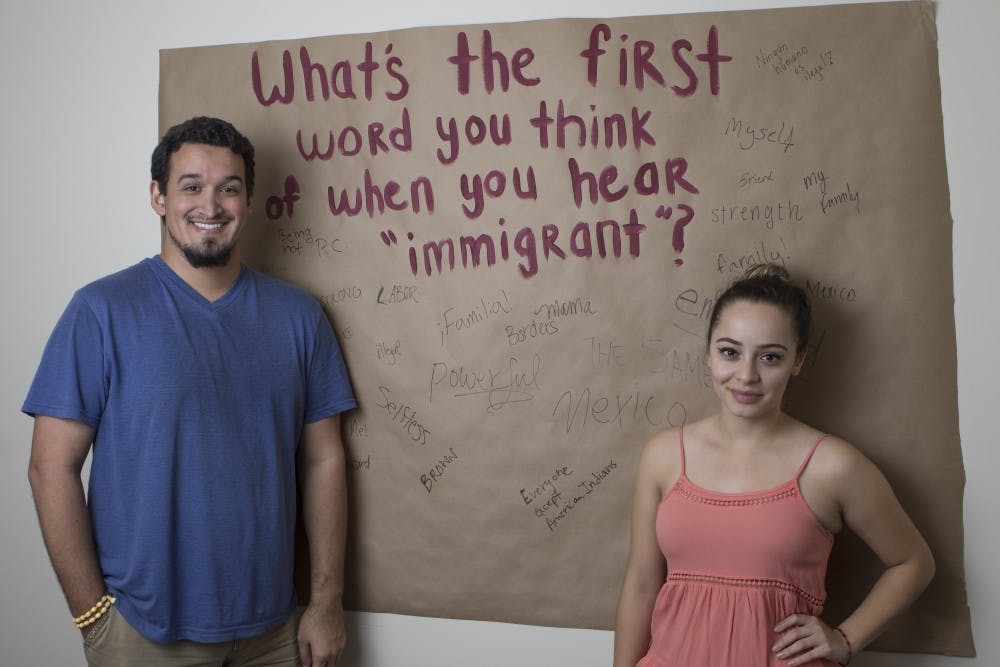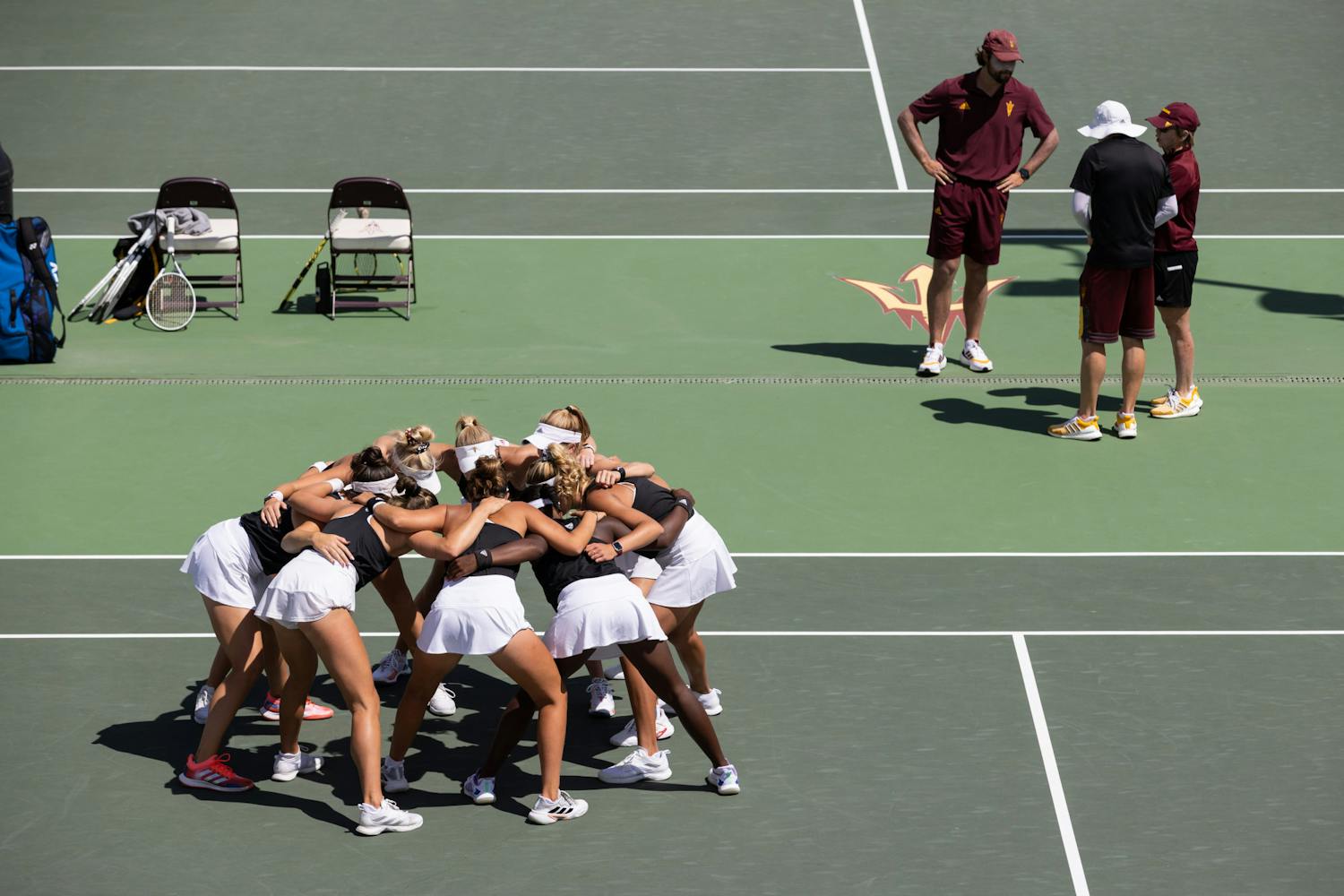In a state where immigration is a hot-button issue, Arizona can often feel hostile for Latinos, but in ASU's Latino clubs and organizations, young Latinos find a safe community that allows them to embrace and celebrate their cultures.
El Concilio is the coalition at ASU that represents all the Latino clubs and organizations on campus. Jesse Docherty, El Concilio treasurer and transborder and Latino studies senior, said there is a strong demographic of Latinos at ASU, but not enough importance is placed on the Latino community.
Docherty said organizations like El Concilio are seeking to better represent the Latino population at the University.
“We’re trying to be a voice for all the Latinos on campus,” he said.
El Concilio is doing so by hosting cultural events, working with Undergraduate Student Government, trying to get students politically involved by having them register to vote and, most importantly, raising awareness for the Latino community at ASU.
Docherty said it is important for Latinos to get connected because they face trials and challenges that the majority of students from different ethnic backgrounds at ASU may not relate to.
“We all come from that same background, so we all know how it feels to be a Latino in ASU,” he said. “With El Concilio and other Latino orgs, I really do feel that there is a sense of community there, and there is a sense of support.”
Docherty said this support can be imperative to Latino students who don’t always have an easy time assimilating.
“My experience as a first-generation student has been a roller coaster,” he said. “I’ve changed my major three times because I started out college not really knowing what I wanted to do, and there was never really someone there at ASU guiding me.”
Docherty said the advising department was not of great help to him, and it wasn’t until he came into contact with the School of Transborder Studies and El Concilio that he began to feel connected and understood.
“Because of my shortcomings, I’ve had to stay at ASU for an extra year, and financially, that’s really hard,” he said. “(As a first-generation student) you don’t really have that support. ... Your parents haven’t been to college, and they don’t have that high paying career. You're really left to fend for yourself.”
Docherty said he’s been very happy with his college experience since he was able to find that support through El Concilio and the School of Transborder Studies.
School of Transborder Studies adviser Patricia Corona said having a predominantly Latino staff and building personal relationships with the students is another element of community building that helps students feel safe and connected.
“I always tell (students) to try and get involved ... because that creates an extra community for them that’s specific and not just ASU as a whole, because ASU as a whole is very large,” she said. “Finding a place where they fit and have that community is really important — with all students — but with Latino students it’s been really key.”
El Concilio co-facilitator and political science junior Alexis Bustillos said being plugged into the Latino community at ASU was very important for her as well.
Bustillos said upon arriving at ASU, she felt very isolated and the political environment of Arizona seemed hostile and discriminatory toward Latinos, a sharp contrast to her strongly Latino hometown in Colorado.
“I didn’t feel I fit in, and I actually considered going back home because I just didn’t see that (Latino) presence,” she said. “So I guess the lack of seeing people that looked like me or identified like me was the root of me joining El Concilio.”
Student & cultural engagement coordinator James Randall wrote in an email that student organizations are especially important to Latinos, who often come from a culture that fosters close relationships.
“The very notion of community is an important cultural value,” he said. “Generally speaking, Latinos value developing strong personal and friendly relationships. In a student organization, such bonds are fundamental. Much like comunidad, familismo is an important value.”
Related Links:
Voz De Sparky is ASU's first ever Spanish-English open mic night
Spanish-language bookstore to incorporate Hispanic community in downtown arts scene
Reach the reporter at icastil3@asu.edu or follow @isabella_m_cast on twitter
Like The State Press on Facebook and follow @statepress on Twitter




